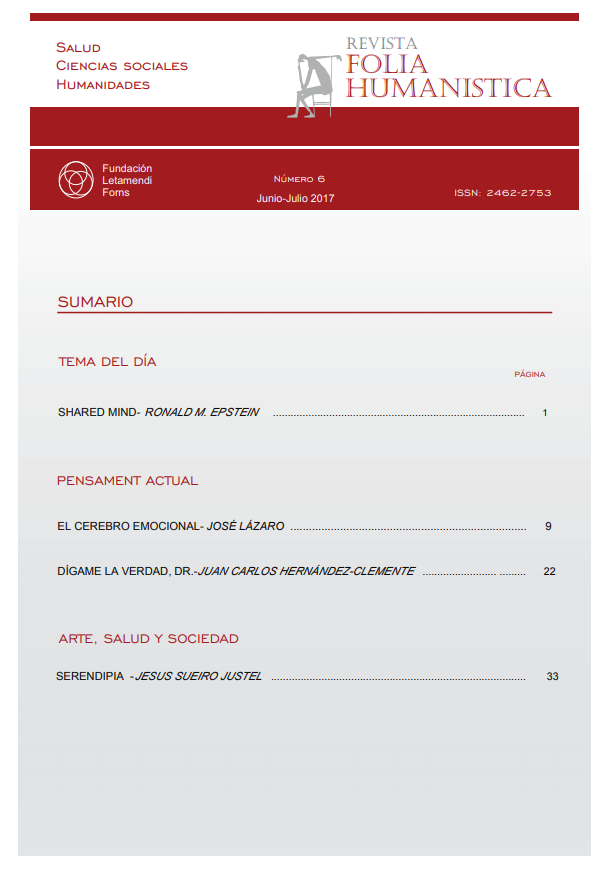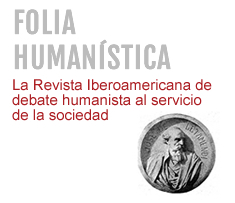Tell me the truth, Dr.
DOI:
https://doi.org/10.30860/0027Keywords:
Physician-patient relationship, medical paternalism, medical ethics, clinical communication, probabilistic certainty, persuasion, confidence valueAbstract
The communication of truth to patients has been changing throughout the History of Medicine, just as the concept of truth itself has been changing. In the paternalistic relationship the lie was justified to patients by virtue of the principle of non-maleficence. However, this situation, slowly but continuously, will change with the passing of the centuries, especially since the Renaissance. Although it will not be until the nineteenth century when there is a clear confrontation between those who maintain the paternalistic position of denying the truth to patients and whom, we have called autonomists, they were in favor of telling them the whole truth. Finally, this dispute will settle in the second half of the twentieth century when the communication of clinical information is not only a duty for the physician, but a right of the patient. Likewise, the concept of truth will change with the passing of centuries. Absolute metaphysical truths, with the appearance of modern science, will be questioned and science itself will impose, not truth, but probabilistic certainty as a method of knowledge. In the current physician-patient relationship, probabilistic certainty must, also, be based on the physician's persuasion with the patient and on the patient's confidence with the physician.
Downloads
Published
How to Cite
Issue
Section
License
La Revista Folia Humanística se adhiere a Creative Common en la modalidad: Reconocimiento – NoComercial – CompartirIgual (by-nc-sa): No se permite un uso comercial de la obra original ni de las posibles obras derivadas, la distribución de las cuales se debe hacer con una licencia igual a la que regula la obra original.








